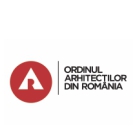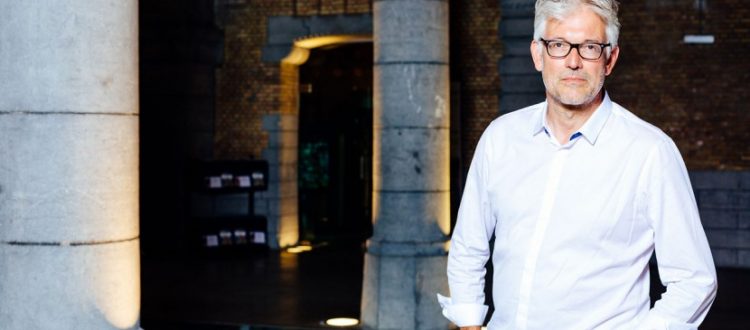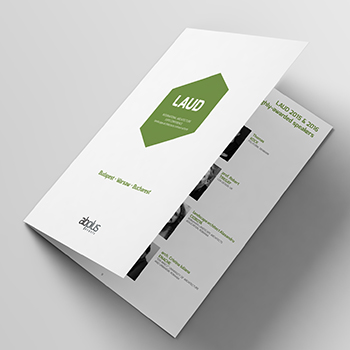Joris Scheers talks about key challenges in an urbanized Europe
Spatial planner and sociologist Joris Scheers will give a presentation on key challenges in an urbanized Europe at LAUD Bucharest 2016 (June 14). Joris Scheers is a visiting professor at the University of Leuven (KU Leuven), president at the European Council of Spatial Planners – Conseil européen des urbanistes (ECTP – CEU) and project manager in the Flanders Government.
About the speaker
Prof. dr. Joris Scheers is a spatial planner and sociologist (PhD, MSc). He promoted on the theme of exponentially growing cities in Latin America at the KU Leuven university in Belgium, where he is currently part-time visiting professor. As the former deputy Government Architect and manager Creative and sustainable cities he is involved in various urban and spatial policy issues within the Flanders Government of Belgium.
He has performed over the past decades as an international consultant for spatial policy projects and programs in Latin-America, Africa and Asia. He has been nominated as UN Habitat expert for the elaboration of International Guidelines on Urban and Territorial Planning and is currently president of the European Council of Spatial Planners (ECTP-CEU).
Joris is a former president of the Association for Spatial Planning in Flanders (VRP), has written on a range of strategic planning issues and chaired numerous juries in the field of spatial planning and architecture.
He is recognized for exploring strategic approaches within the public governance field, including the cross level integration of local, regional, national and international agendas. He combines conceptual thinking with a pragmatic – project driven – problem solving attitude, keeping close touch with planning practice as the chair of the Municipal Spatial Planning Advisory Board of the city of Leuven.
Key challenges in an urbanized Europe
After decades of urban development, sprawl and regeneration, we now face new challenges in Europe. The transformative capacity of the city has to ensure that the collective welfare is guaranteed in the future. In the search for key challenges, several urban regeneration projects will be presented. Spatial quality, architectural design and urban governance are considered as key issues. The question is how they can be related with growing mobility and connectivity demands, a more diverse and intensive claim on urban space and the need for more energy conservation, environmental and health protection. The challenges cities are facing are very connected and success will depend on how closely they are aligned and integrated with each other.
Spatial quality, architectural design and urban governance are key issues in answering urban challenges in Europe. We need to take advantage of societal challenges to choose for a more quality-oriented urban environment. More focus on the transformative capacity of the urban tissue will help us to realize this in a more sustainable way.





















